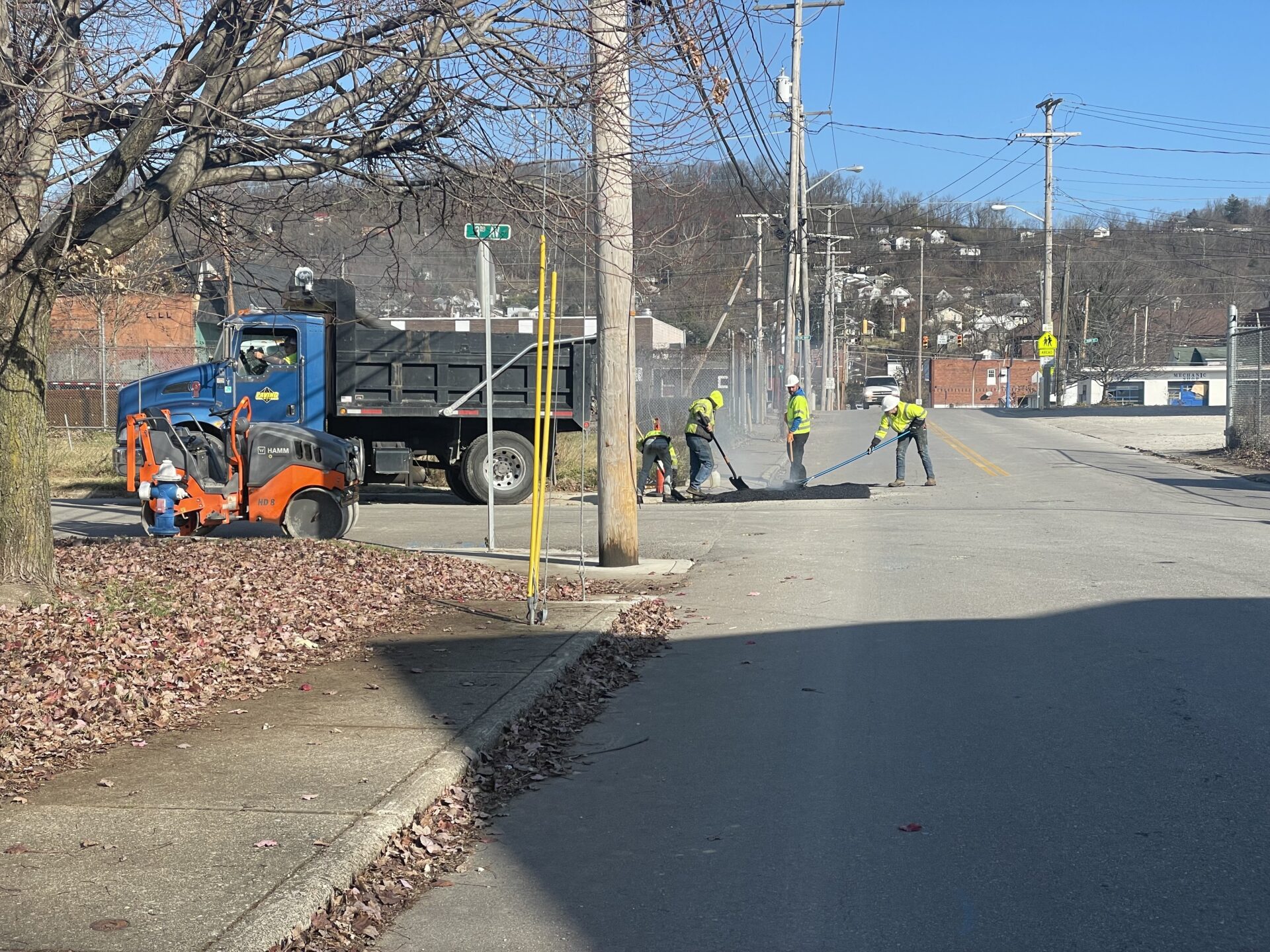Thousands of West Virginians who are behind on their utility bills due to the pandemic may be eligible to have some or all of that debt erased under a new grant program announced Wednesday.
Speaking during his COVID-19 virtual press briefing, Gov. Jim Justice announced he was setting aside $25 million in federal CARES Act money for past-due utility bills.
Residents who have been unable to pay all or some of their water, electricity, natural gas or sewer services between March 1 and July 31 should be receiving letters this week from their utility providers alerting them of their eligibility, Justice said.
Public Service Commission Chairwoman Charlotte Lane urged West Virginians not to ignore the letters, which are being sent out by utility companies.
“Don’t throw those bills away,” she said. “Open up the envelopes and return them to your utility company or to the Dollar Energy Fund.”
Customers have until Thursday, Nov. 12 to respond. After agreeing voluntarily to not shut off services during the early months of the pandemic, utilities resumed terminations after July 1.
The state’s five largest utilities — West Virginia American Water, Appalachian Power, Mon Power, Wheeling Power, Dominion Energy Hope and Mountaineer Gas — reported more than 133,000 delinquent accounts.
The PSC said it was unable to estimate the total number of residents who are delinquent on their utility bills due to the pandemic or the total amount owed.
Lane said it’s unlikely the $25 million grant program will wipe out all of the COVID-related unpaid bills, but it’s a start.
“We recognize that this generous grant program will not alleviate everyone’s delinquency, but the Public Service Commission itself has specially trained consumer affairs technicians who are available to assist customers in negotiating payment arrangements with the utility companies,” she said. “And the utilities themselves are continuing to work with customers who are behind in their bills and are offering payment plans.”
Recently a coalition of progressive advocate groups in West Virginia sent a letter to the governor’s office requesting the administration allocate unsent CARES Act funding to help struggling West Virginians impacted by the pandemic, including for utility services. The groups estimated residents statewide had up to $50 million in unpaid utility bills.
Some advocates expressed concerns over the July 31 cutoff date for the new program.
“People need help, not just people who were affected before July. This is too little. Maybe he will reconsider and add more to the fund, while extending the window for eligibility,” tweeted Karan Ireland, a Sierra Club campaigner and advocate.
